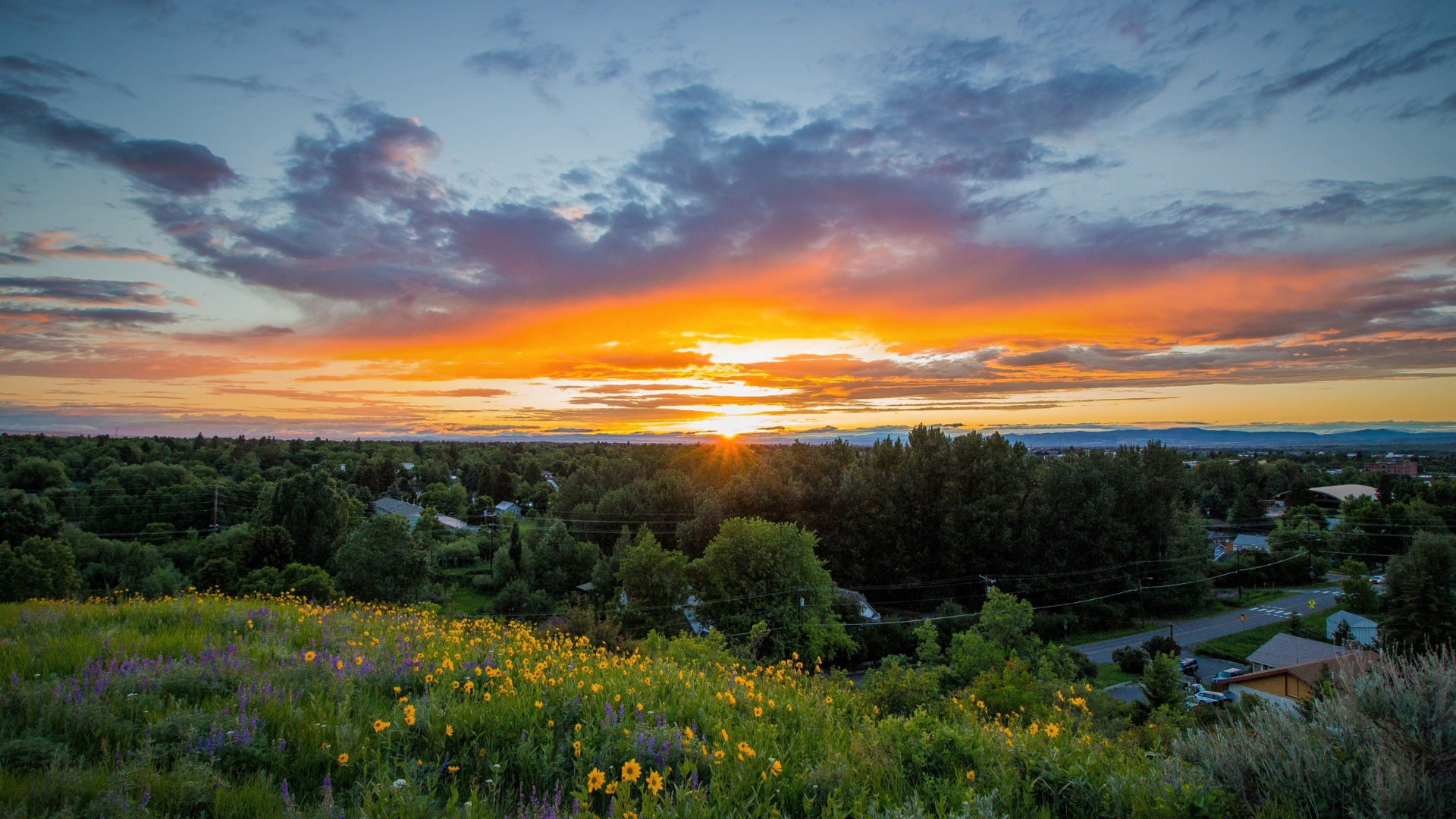An environmental law firm and two conservation groups have asked a federal court to bar the Big Sky Water and Sewer District from connecting new sewer lines and irrigating a golf course with treated wastewater high in nitrogen.
Cottonwood Environmental Law Center, Montana Rivers and the Gallatin Wildlife Association filed a motion for a preliminary injunction in federal district court in Butte on Wednesday.
The motion asks the court to prohibit the district from accepting new sewer hookups and irrigating the Meadow Village Golf Course with treated wastewater containing concentrations of nitrogen above 10 milligrams per liter. The groups also requested that the court require the district to disclose nitrogen concentrations in water used to irrigate the golf course every day.
John Meyer, Cottonwood’s attorney, wrote that monitoring data from the district indicates it has been irrigating the golf course with wastewater containing concentrations of nitrogen that “far exceed the amount approved by the Montana (Department of Environmental Quality).”
The groups allege the district consistently irrigated the golf course with treated wastewater that had nitrogen concentrations of more than 15 mg/l. Meyer said a 2010 email sent by DEQ officials suggests the district was allowed to spray treated wastewater not exceeding a 15 mg/l nitrogen concentration.
In its 2012 Nutrient Management Plan with the district, DEQ didn’t note a limit on nitrogen levels. It did, however, write that the district’s treatment plant “was designed for a total nitrogen concentration in the effluent of 10.0 mg/l.”
“While nitrogen is vital for turf growth, over application can result in leaching of nitrogen into the groundwater and potentially result in nitrogen reaching the Middle Fork West Fork Gallatin River,” DEQ wrote. “Once excess nitrogen reaches a surface stream it can result in undesirable algae growth that influences aquatic life in the stream.”
The Big Sky Water and Sewer District did not respond to requests for a response on Friday.
The West Fork of the Gallatin runs through the golf course and adjacent to the wastewater treatment plant. The district doesn’t have a permit to discharge treated wastewater into the West Fork. It stores it in holding ponds in the winter and then sprays it on the golf course later.
In July, Cottonwood and the other Bozeman-based groups sued the district for allegedly discharging chemicals into the West Fork of the Gallatin without a permit. Meyer claimed the district violated the Clean Water Act.
Ron Edwards, the Big Sky County Water and Sewer District general manager, said at the time that holding ponds were designed to prevent wastewater from contaminating the groundwater, and the cause of high nitrate levels in the West Fork was difficult to pinpoint.
The Big Sky Water and Sewer District has been working on upgrading its water and sewer systems because it’s running out of space to serve the growing town. DEQ greenlit the district’s $43 million investment in a new water treatment plant, which will help it accommodate growth.
Options for disposing of the town’s treated wastewater have included discharging it into the Gallatin River or using it for snowmaking at Big Sky Resort. Meyer said that if the court approves the request for an injunction, that injunction will remain in effect until the district lowers nitrogen levels in treated wastewater to 10 mg/l.
“We’re not asking the court to say that Big Sky has to stop building houses, but we are saying that the water and sewer district has to stop accepting water and sewer hookups,” Meyer said. “If they want to take the risk of building houses and not having hookups, that’s up to them.”
After a 22 mile long algae bloom was detected along the Gallatin River and on additional stretches of the West Fork and Taylor Fork last summer, DEQ water monitoring specialists said elevated levels of nitrogen and phosphorus in water can contribute to algae blooms. The blooms may kill fish and other species.
“The more (the district builds), the more they are going to pollute,” said Joe Gutkoski, president of Montana Rivers. “The State of Montana has been tolerant for too long because of the money in Big Sky. It is up to the environmental community to hold Big Sky accountable.”
Provided by John Meyer, Cottonwood Environmental Law Center as interview with Bozeman Daily Chronicle 2/7/21

